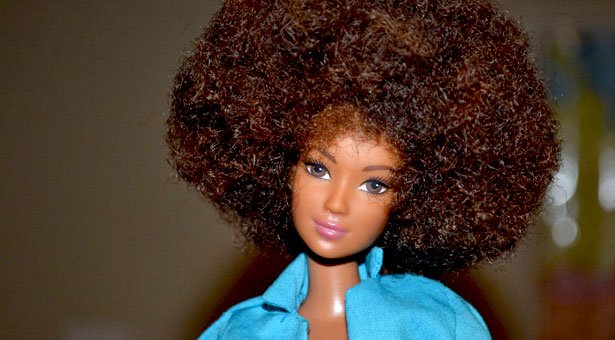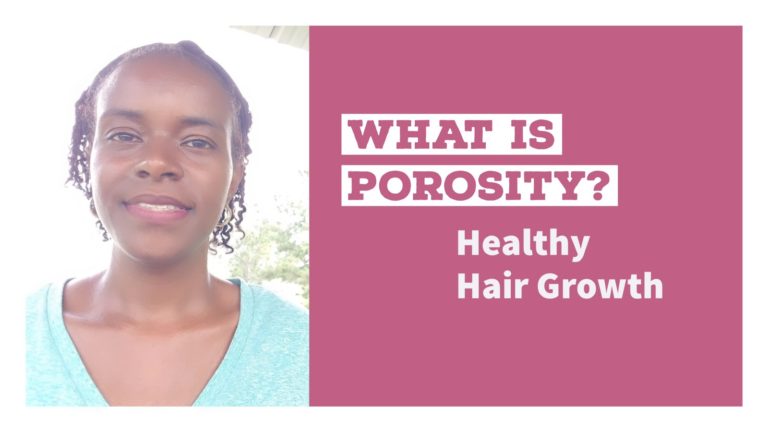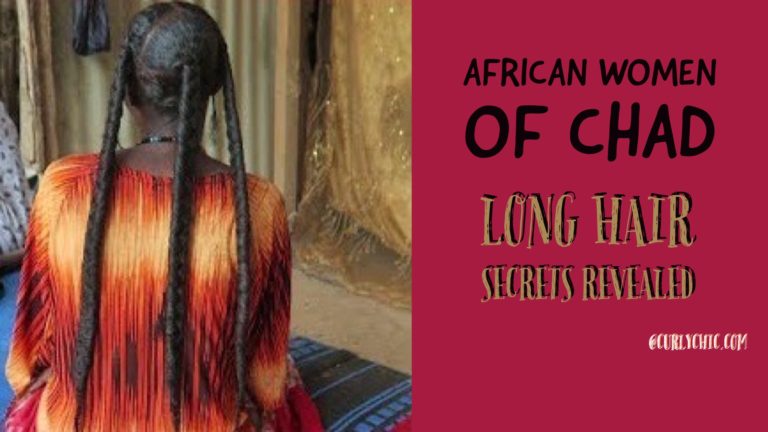So, how do you actually identify sulfates and non-water soluble silicones on product labels? The list of formal ingredient names below will help you to stay on track and avoid purchasing products that are not suitable for optimal curly hair health.
Please note that professional salon products especially formulated for curly hair will always give the best results; however, drugstore products containing no sulfates or non-water soluble silicones are always preferable to any product brand containing those ingredients.
My clients will tell you I am not in the least bit concerned about what “brand” you use. I care more that you commit to following the no-sulfate, no non-water soluble silicones guidelines than I do about what brand you buy, so always feel free to experiment and use the products that are best for you and your particular curls. I still experiment with different products myself, as I suspect almost every girl with curls will do for the rest of her life!
Sulfates
A surfactant—sometimes referred to as a detergent—is a substance that, when dissolved in water, gives a product the ability to remove dirt from surfaces such as the human skin, textiles, and other solids. There are several different types of surfactants, ranging from harsh to mild, with sulfates belonging to the class that is the most harsh.
Common sulfates as found on hair product ingredient bottles include:
Alkylbenzene Sulfonate
Ammonium Laureth or Lauryl Sulfate
Ammonium or Sodium Xylenesulfonate
Dioctyl Sodium Sulfosuccinate
Ethyl PEG-15 Cocamine Sulfate
Sodium C14-16 Olefin Sulfonate
Sodium Cocoyl Sarcosinate
Sodium Laureth, Myreth, or Lauryl Sulfate
Sodium Lauryl Sulfoacetate
TEA-Dodecylbenzenesulfonate
Some milder surfactants—less drying and recommended in lieu of sulfates—include:
Cocamidopropyl Betaine
Coco Betaine
Cocoamphoacetate
Cocoamphodipropionate
Disodium Cocoamphodiacetate or Cocoamphodipropionate
Lauroamphoacetate
Sodium Cocoyl Isethionate
Silicones
Silicones generally end in -cone, -conol, -col, or -xane and are found in many hair products. If any silicone name has the abbreviation “PEG” or “PPG” in front of it, however, it is water-soluble and will not build up.
Silicones that are not soluble in water, will consistently build up on the hair and will require a surfactant-based shampoo to remove include:
Cetearyl Methicone
Cetyl Dimethicone
Dimethicone
Dimethiconol
Stearyl Dimethicone
Silicones that are not soluble in water, but whose chemical properties allow it to repel further deposit, helping to prevent buildup (although they will still lock moisture out of the hair and require a surfactant to remove):
Amodimethicone
Cyclomethicone/Cyclopentasiloxane
Trimethylsilylamodimethicone
A note about amodimethicone: if you do an Internet search on amodimethicone, you will find quite a few sites that list amodimethicone as a silicone that is “slightly” soluble in water as long as two additional ingredients are included in the formulation:
Amodimethicone (and) Trideceth-12 (and) Cetrimonium Chloride (as a mixture in the bottle)
The assumption has always been that the inclusion of Trideceth-12 (a nonionic surfactant) and cetrimonium chloride (a cationic surfactant) render the amodimethicone, non-water soluble on its own, slightly soluble in water and it could be considered okay to use. Turns out that has been a completely incorrect assumption. What the Trideceth-12 and cetrimonium chloride do is render the amodimethicone dispersible in water. Once the amodimethicone is deposited onto the hair shaft and dries to a film, however, it is not water-soluble, will prevent moisture from getting into the hair shaft and will require a surfactant to remove.
Silicones that are slightly soluble in water, but can possibly build up on some types of curly hair over time, include:
Behenoxy Dimethicone
Stearoxy Dimethicone
Silicones that are soluble in water and can generally be considered safe to use (in addition to those listed with “PEG” or “PPG” in front of them) include:
Dimethicone Copolyol
Hydrolyzed Wheat Protein Hydroxypropyl Polysiloxane
Lauryl Methicone Copolyol
Proteins
An additional note about proteins: some curly hair types, especially those with a coarse hair texture, are also sensitive to proteins, which can cause some curly hair to become dry and brittle. They are best avoided if any adverse effects are noted.
Common protein ingredients include:
Collagen
Hydrolyzed Collagen Protein
Hydrolyzed Silk Protein
Hydrolyzed Soy Protein
Hydrolyzed Wheat Protein
Keratin
Keratin Amino Acids
Silk Amino Acids
Silk Protein
Soy Protein
Wheat Amino Acids
Wheat Protein
Source: CurlyNikki
Are your hair care products laced in silicones that are not water soluble? What about oil leeching sulfates? Is your hair protein sensitive? If so, what changes (if any) will you make with your choice of hair care products?







You must be logged in to post a comment.